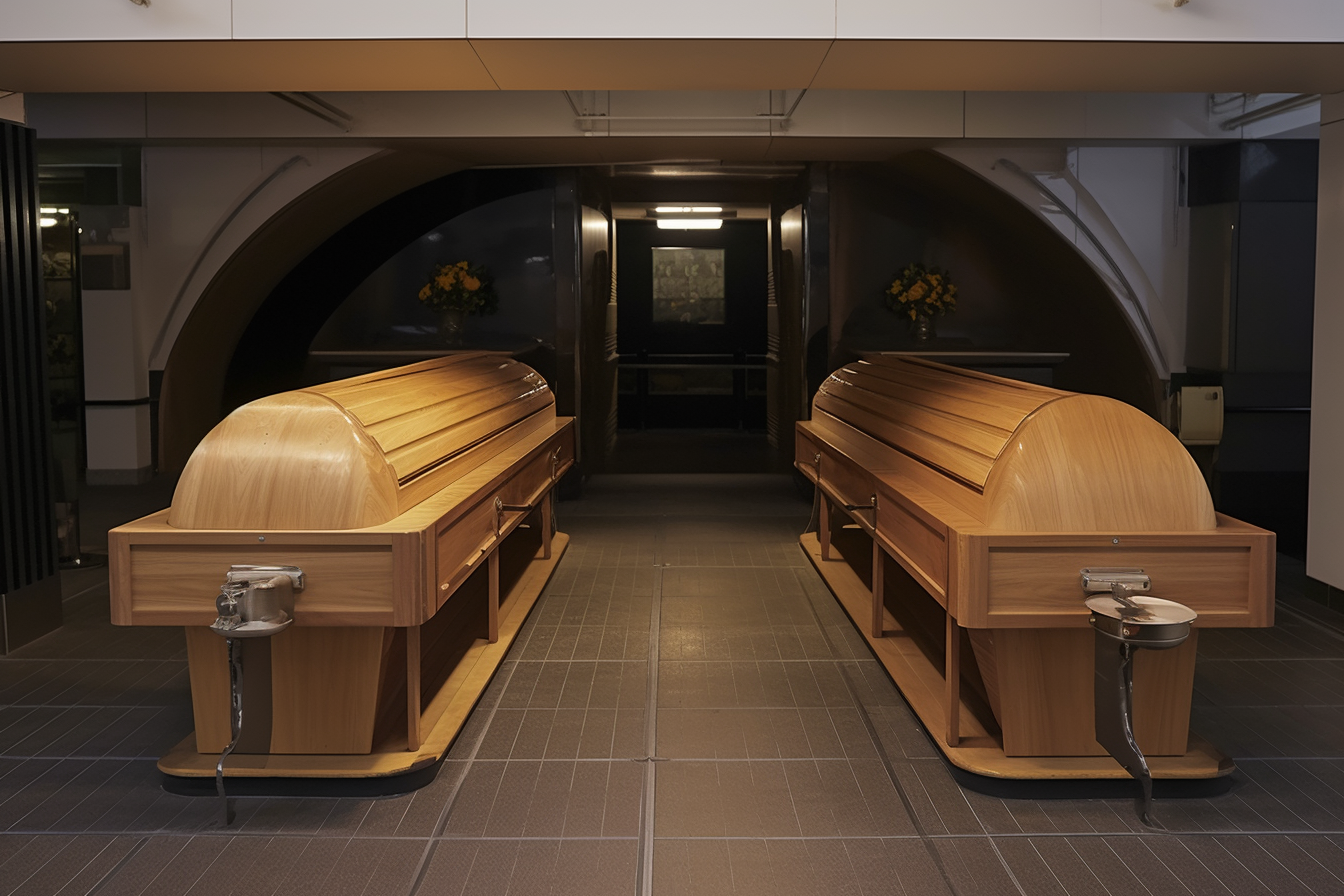Understanding Cremation Services: Pricing and Options
Cremation has become an increasingly popular end-of-life choice for many families seeking alternatives to traditional burial. This process involves the reduction of a body to bone fragments through high heat, offering a more affordable and environmentally conscious option. With various types of cremation services available, understanding the different packages, pricing structures, and how to locate providers in your area can help families make informed decisions during a difficult time. This article explores cremation options, pricing considerations, and how to find reputable providers that meet both your needs and budget.

What Do Basic Cremation Packages Include?
Basic cremation packages, often referred to as direct cremation, represent the most straightforward and economical option available. These packages typically include the essentials: transportation of the deceased from the place of death to the crematory facility, a simple container for the cremation process, the cremation itself, and return of the cremated remains in a basic urn or container. Most providers also handle the necessary paperwork, including filing the death certificate and obtaining permits.
What’s notably absent from basic packages are ceremonial elements like viewings, visitations, or memorial services with the body present. These packages don’t include embalming, cosmetic preparation, or the use of funeral facilities for ceremonies. For families seeking simplicity, minimal environmental impact, or affordability, basic cremation packages offer a dignified option without unnecessary additions.
How to Find Local Cremation Pricing Information
Researching cremation pricing in your local area requires some diligence, as prices can vary significantly between providers. The Federal Trade Commission’s Funeral Rule requires funeral homes to provide price information over the phone and give detailed price lists to in-person visitors. This consumer protection helps families compare costs without pressure.
Start by calling several cremation providers in your area and requesting their general price list. Many modern providers also display pricing on their websites. Ask specifically about their direct cremation package and what it includes. Be aware that some facilities may add additional fees for services like refrigeration after a certain period, transportation beyond a specific mile radius, or handling of oversized remains.
Another valuable resource is the Funeral Consumers Alliance, a non-profit organization that sometimes conducts price surveys in various regions. These surveys can provide insight into the range of prices in your community and help identify providers with transparent pricing policies.
Understanding Cremation Prices and Cost Factors
Cremation prices vary widely based on geographic location, the type of provider, and the specific services included. Several factors influence the final cost of cremation services. Understanding these elements can help you anticipate expenses and make comparisons between providers.
The type of provider significantly impacts pricing. Traditional funeral homes typically charge more for cremation services than dedicated cremation societies or direct cremation providers. This price difference reflects their higher overhead costs for maintaining viewing rooms and other facilities that may not be used in a basic cremation.
Geographic location plays a major role in price variation. Urban areas generally have higher cremation costs than rural locations due to higher operating expenses. Additionally, local regulations can affect pricing if they require specific procedures or waiting periods.
Optional services and merchandise represent another significant cost factor. While basic cremation may be relatively affordable, additional services like viewing hours, memorial services, upgraded urns, or keepsake jewelry can substantially increase the final bill.
Comparing Cremation Service Providers and Packages
When evaluating cremation providers, it’s important to compare not just prices but also the quality of service, facilities, and reputation. Most reputable providers offer several package levels to accommodate different needs and budgets.
Beyond basic direct cremation, many facilities offer memorial packages that include services like a memorial ceremony without the body present. Full-service cremation packages may include a viewing with the body present before cremation, which requires embalming and cosmetic preparation.
Some providers specialize in green or eco-friendly cremation options, which may use different processes or materials to reduce environmental impact. These specialized services often come with their own pricing structure.
Cremation Pricing Comparison Across Provider Types
The table below compares typical cremation pricing across different types of service providers. These figures represent national averages and can vary significantly by location and specific provider.
| Provider Type | Basic Cremation | Memorial Service Package | Full-Service Cremation |
|---|---|---|---|
| Direct Cremation Provider | $800-$1,200 | $1,500-$2,500 | $2,500-$4,000 |
| Cremation Society | $1,000-$1,800 | $2,000-$3,000 | $3,000-$4,500 |
| Traditional Funeral Home | $1,500-$3,000 | $2,500-$4,500 | $4,000-$6,000 |
| Green Cremation Provider | $1,200-$2,200 | $2,200-$3,500 | $3,500-$5,000 |
Prices, rates, or cost estimates mentioned in this article are based on the latest available information but may change over time. Independent research is advised before making financial decisions.
How to Plan for Cremation Services Within Your Budget
Planning for cremation services can help ease both emotional and financial burdens during a difficult time. Pre-planning and pre-payment options are available through many providers, often allowing you to lock in current prices years in advance. Some families choose to establish dedicated funeral savings accounts or purchase funeral insurance policies specifically designed to cover end-of-life expenses.
When working within a budget, consider which elements are most meaningful to you and your family. For some, a simple cremation followed by a personally meaningful scattering ceremony might be preferable to more elaborate services. Others might value having a traditional memorial service but choose economical options for the urn or container.
Most cremation providers offer payment plans, and some accept assignment of insurance benefits, allowing families to use life insurance proceeds to cover cremation costs. Veterans and their spouses may qualify for benefits through the Department of Veterans Affairs, including free interment of cremated remains in national cemeteries.
By understanding the options, researching local providers, and planning ahead when possible, families can arrange dignified and meaningful cremation services that respect both their emotional needs and financial circumstances.




